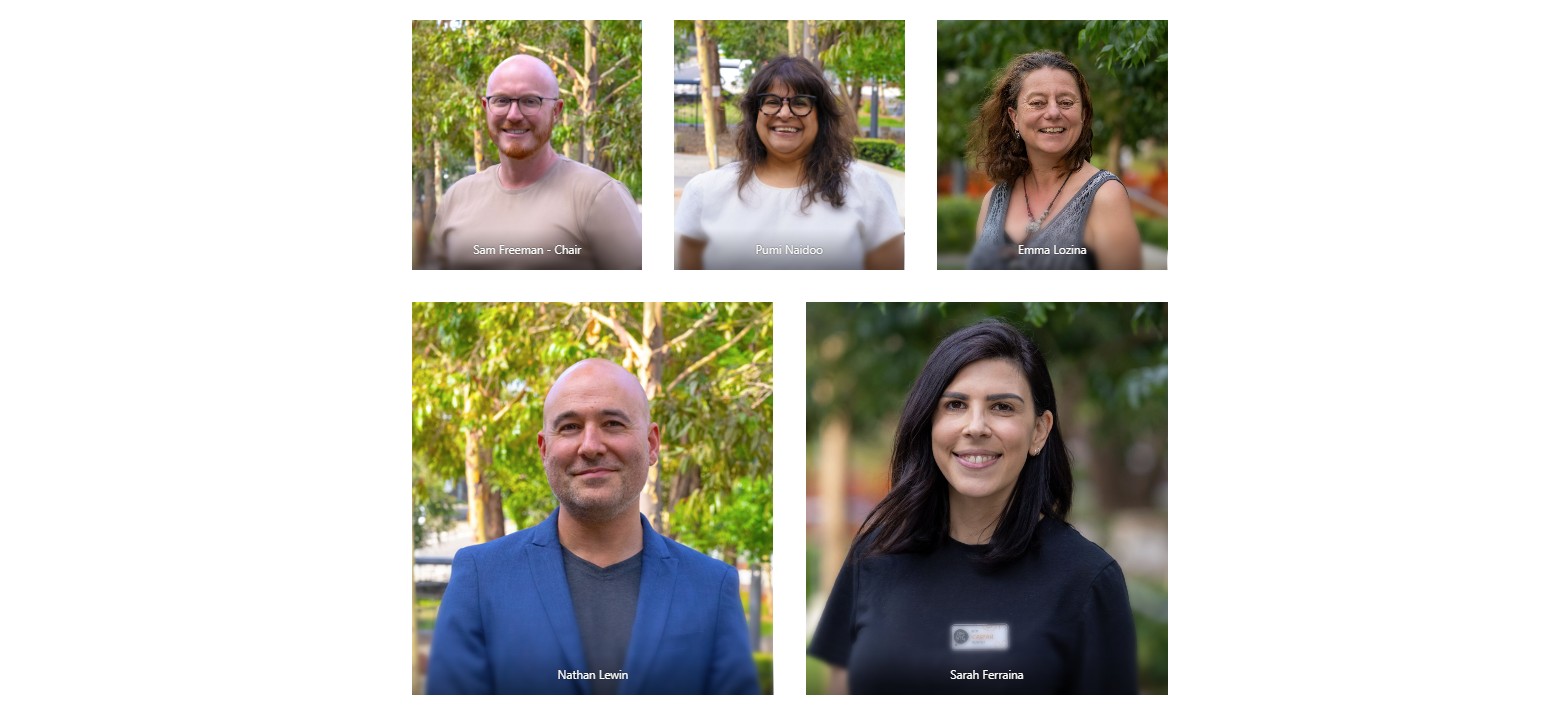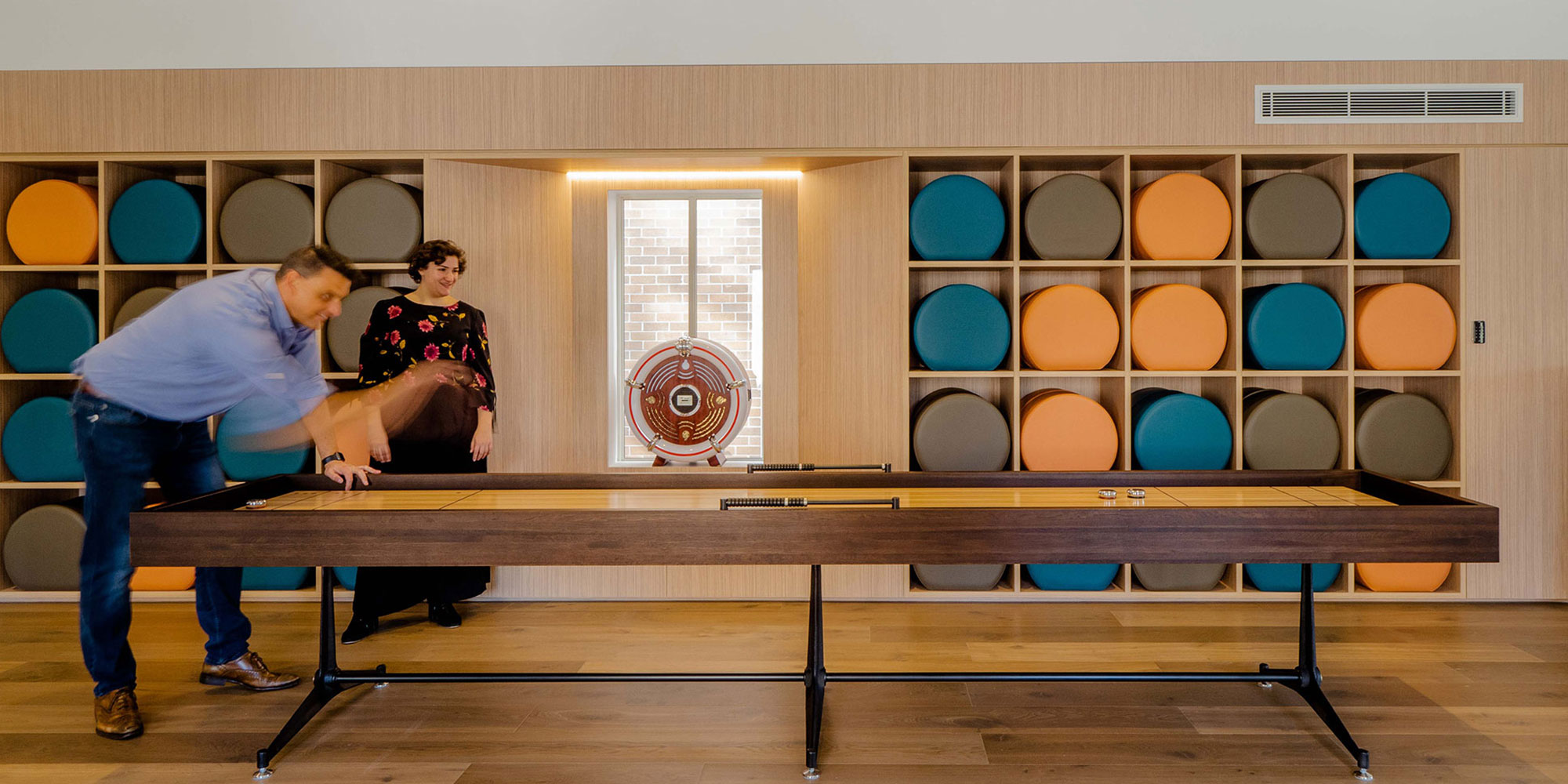“If you want to find the secrets of the universe, think in terms of energy, frequency and vibration”- so said Nikola Tesla, the eccentric Serbian inventor renowned for his experiments in electricity.
If all life is energy, then COVID-19 can be viewed as a potent, world-wide energy depressant. And that’s a big deal because energy affects everything – from the gait of your walk, to how often you hug, smile and laugh, to the impetus you have to achieve your goals.
You want your energy to flow freely like the whitewater rapids of the Futaleufu River in Chile. When was the last time you laughed so hard your belly hurt? Or bellowed so loud, you almost lost your voice? Or partied until sunrise with your best mates ? Finding it hard to remember… join the club.
Magnifying the energy is what leaders do.
But if leaders do anything at all, they magnify the energy. And energy really matters, because the overwhelming majority of people in organisations are vastly under-utilised. If you lead a team of just 50 people and you can raise their energy level by 20% – that’s the equivalent of hiring ten new full-time staff. That’s the multiplier effect of leadership, and all great leaders treat it as their number one priority.
Every time I walk into my corporate office or out of a meeting, I make it a point to search for someone who looks like they could do with a little bit of encouragement. You know how I spot them? It’s the ones who are breathing.
Every human benefits from an energy boost. And every exchange between people is an opportunity for a leader to lift the energy. What is more, since “leaders create other leaders” and all leaders are in the energy-raising business – great leadership always gives rise to an “energy chain reaction.” Which is why the best cultures are characterised by back-slapping positivity, a “winning team’s locker room” feeling.
But it’s awfully difficult to have a winning locker room feeling if there’s no one in the locker room. So whenever possible, look to get your team back together in the office.
Energy is like flowing water.
Energy is a flow. Think of it as a river. If a river flows freely, the water is clean, crisp and refreshing. If it loses its speed and stagnates, it becomes opaque, a swamp, a breeding ground for weeds, mosquitoes and disease.
Make sure the river that is your “life energy” is not swamped by COVID-19. We are social animals and if our social interactions decline significantly, you can be sure it will affect your energy and your physical and emotional well-being.
COVID-19 as an energy depressant.
COVID-19 is an energy depressant which in time – unless attacked by the leader in you – is akin to sleep deprivation. Sleep deprivation makes you irritable, snappy, grouchy, lethargic and disengaged. There is a French word for this state that describes it perfectly: ennui.
COVID-19’s impact on energy in the workforce was researched by McKinsey. They surveyed 1,300 executives and found significantly higher rates of tiredness, low motivation and burnouts. The number one reason for this state of ennui was a precipitous fall in the number of social interactions.
Which is why, at EG, we’ve started to bring in live music bands into our office every Friday afternoon. Live music is a major energy magnifier and a great way to promote social interaction. When the energy is low, think less, sing and dance more. To co-opt the lyrics of a not-so-intellectual Pink song: “If God is a DJ, life is a dance floor, love is the rhythm, you are the music.”
Impact of COVID-19 on Relationships.
To coopt Roger de Bussy-Rabutin’s famous quote about love: COVID-19 is to relationships what wind is to fire. It extinguishes the small and enkindles the great.
Put more precisely, COVID-19 will eventually sort all your relationships into three categories, by:
- Extinguishing the small;
- Enkindling the great; and
- Exposing the fault lines of all the relationships in between.
Much has already been said about the small and the great. Suffice to say that COVID-19 renders you a great favour by brushing away all the inauthentic and inconsequential relationships that littered your life. Here, all we need to say is “thank you COVID-19” … more time for projects and relationships that really matter.
The strong relationships get stronger, no surprises there – strength revels in adversity.
But what of the preponderance of relationships that don’t belong in either the “small” or “great” categories? What becomes of them during COVID-19? They will be tested. Some of these relationships will survive and others won’t.
But don’t blame COVID-19. Whether you knew it or not, all these relationships already had a major fault line or two: COVID-19 didn’t create them, it merely revealed them.
What will likely surprise you is the number of relationships you thought were “great”, that COVID-19 now signals as “fault line relationships”. Think of it like this: when a river slows down, the rocks and boulders it once blithely rushed over, it now struggles to overcome.
The trick is to keep moving forward. Don’t let the energy of the relationships you value settle into a cesspool. That’s the graveyard of every relationship – and the best antidote is movement. Stir the water. But be careful not to shake: unlike James Bond’s martini, relationships are best stirred not shaken.
And if you must argue, argue kindly.
“Always remember that to argue, and win, is to break down the reality of the person you are arguing against. It is painful to lose your reality, so be kind, even if you are right.”
Haruki Murakami
It takes a lot of effort so why should you bother? Because friendships long for immortality. Because no life is truly happy or successful without friendships that survive the test of time. Or to put it differently, in the words of Clarence in the classic 1946 film, It’s A Wonderful Life: “No man is a failure who has friends.”
Leaders matter more than ever.
When all is said and done, the impacts of COVID-19 on relationships and mental health will prove to be far greater than its impacts on physical health (considerable as these are). And while we need doctors and front line workers to combat COVID-19 as a virus – we need leaders to combat COVID-19 as an energy depressant. To paraphrase Kipling: if you can raise your energy when all about you are losing theirs and blaming it on you – then, welcome to the high vocation that is leadership, regardless of title or position.



